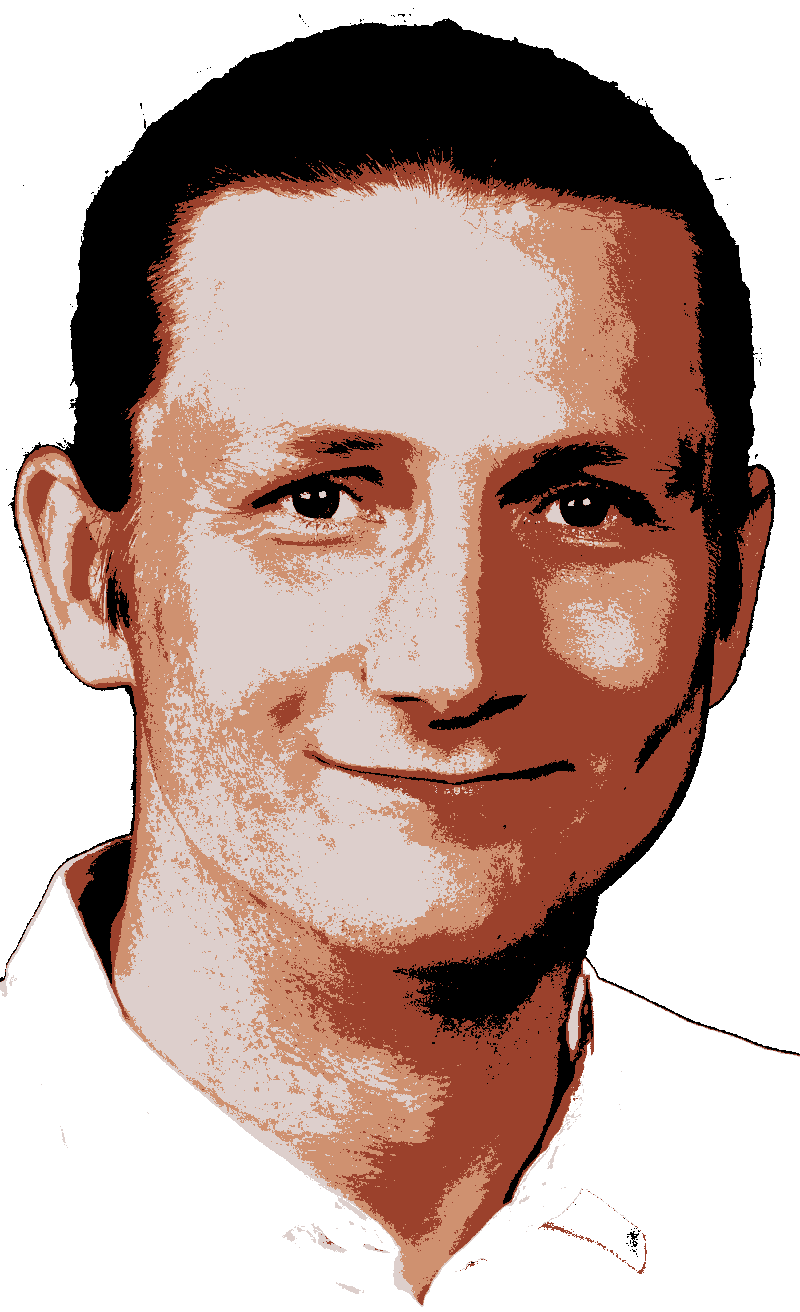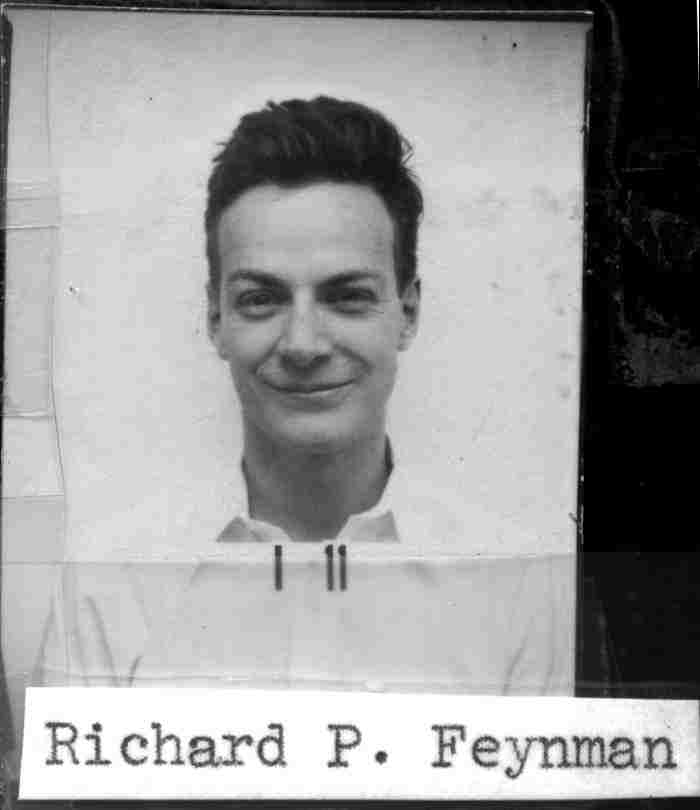Managerial Economics
Lecture Notes
Preface
About the notes
October 22: I added 10 Under constraints and Appendix A — Microeconomic preliminaries. Moreover, I added exercises in 4 Certainty, 5 Uncertainty, and 8 Games.
November 20: I changed the appearance of 9.3 A note on growth rates and the logarithm a bit to make things a bit clearer, I fixed some issues with the cross-referencing and the PDF, and I added 12 Efficiency and effectiveness, 13 Perfect, 14 Monopoly, and 15 Regional (preliminary).
December 18: I added the solution to Exercise 15.1.
January 8 (2025): I fixed the equations in the solution of Figure 7.6.
Please note that while the PDF contains the same content, it has not been optimized for PDF format. Therefore, some parts may not appear as intended.
- These notes aims to support my lecture at the HS Fresenius but are incomplete and no substitute for taking actively part in class.
- I appreciate you reading it, and I appreciate any comments.
- This is work in progress so please check for updates regularly.
- For making an appointment, you can use the online tool that you find on my private homepage: https://hubchev.github.io/
About this course
Workload: 125 h = 42 h (in-class) + 21 h (guided private study hours) - 62 h (private self-study).
Assessment Students complete this module with a written exam of 90 minutes. A passing grade in this module is achieved when the overall grade is greater than or equal to 4.0.
Learning outcomes: After successful completion of the module, students are able to:
- describe how tools of standard price theory, location theory, production theory, and the theory of investment decision can be employed to formulate a decision problem,
- evaluate alternative courses of action and choose among alternatives,
- apply economic concepts and techniques in evaluating strategic business decisions taken by firms,
- apply the knowledge of the mechanics of supply and demand to explain the functioning of markets.
How to prepare for the exam: I am convinced that reading the lecture notes, preparing for class, taking actively part in class, and trying to solve the exercises without going straight to the solutions is the best method for students to
- maximize leisure time and minimize the time needed to prepare for the exam, respectively,
- getting long-term benefits out of the course,
- improve grades, and
- have more fun during lecture hours.
Literature: Bazerman & Moore (2012), Hoover & Giarratani (2020), Parkin et al. (2017), Wilkinson (2022), Bonanno (2017)
Content:
Price theory
- the market price of an efficient competitive market and sources of inefficiency
- the impact of supply and demand on the market price
- the output and price decision of a profit maximizing monopolist
- regional market power and price setting
Production and cost theory
- output and costs of firms in the short and long run
- optimization under constraints (Lagrangian multiplier)
- cost-volume-profit analysis
Location theory
- Hotelling’s location model
- Thünen’s model of agricultural land use
- location fundamentals and agglomeration forces (sharing, matching, learning)
Strategic behaviour of firms
- nature, scope, and elements of game theory
- static games
- limitations
Investment decisions
- net present value
- internal rate of return
- decision-making under risk
- decision-making under uncertainty
- common pitfalls in investment decisions
How to prepare for the exam
Richard P. Feynman (1918-1988) was a team leader at the Manhatten Project (see Figure 2) and won the Nobel Prize in 1965 in physics. He once said:
“I don’t know what’s the matter with people: they don’t learn by understanding; they learn by some other way – by rote, or something. Their knowledge is so fragile!” (Feynman, 1985)
Of course, the key to learning is understanding. However, I believe that there is no understanding without practice, that is, solving problems and exercises by yourself with a pencil and a blank sheet of paper without knowing the solution in advance. Thus, I recommend the following:
- Attend lectures and and take the opportunity to ask questions and actively participate in class.
- Study the lecture notes and work on the exercises.
- Review the material regularly each week. Learning in small increments is more effective than last-minute cramming.
- Test yourself with past exams that you find in the appendix.
- If you have the opportunity to form a study group, make use of it. It is great to help each other, and it is very motivating to see that everyone has problems sometimes.
- If you have difficulties with some exercises and the solutions shown do not solve your problem, ask a classmate or contact me.

